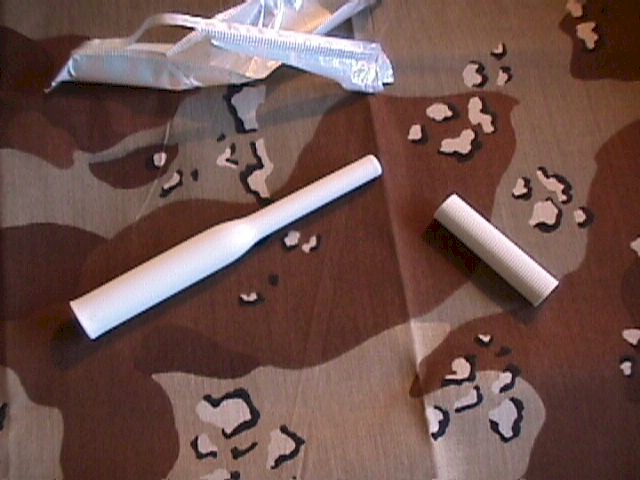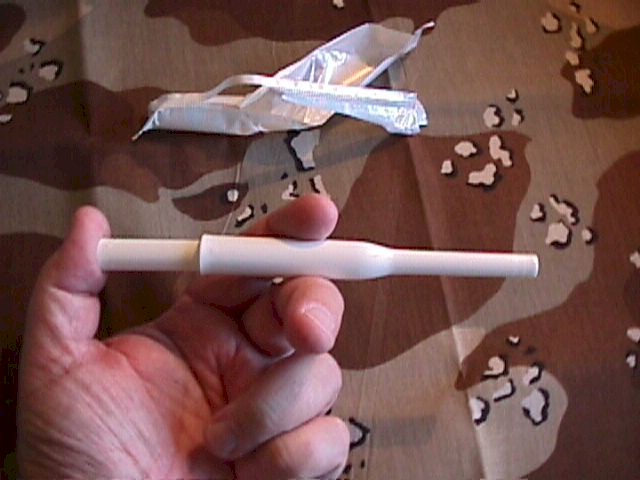|
Contraceptive vaginal gel is used either alone or in combination with other
contraceptive techniques such as condoms.
Each gel applicator is individually wrapped and contains nonoxynol-9, a standard
spermicide.
After opening the package, the cap is removed and used as a plunger for the applicator.
The applicator is pushed into the vagina and the plunger depressed to deposit the gel
inside the vagina.
After insertion, the gel is effective immediately. Once in place, it is effective for
up to one hour after insertion. If additional intercourse is performed, additional gel
should be inserted.
 The gel forms a spermicidal barrier within the vagina. It does not need to be removed
as it will gradually discharge over the next few hours. Douching, if desired, should not
occur during the first 6 hours after use, because some of the contraceptive protection may
be lost. The gel forms a spermicidal barrier within the vagina. It does not need to be removed
as it will gradually discharge over the next few hours. Douching, if desired, should not
occur during the first 6 hours after use, because some of the contraceptive protection may
be lost.
Because the active ingredient is nonoxynol-9, some individuals (up to 20% of the
population) will be sensitive to it and experience a burning sensation during use. Those
individuals should not continue to use this method of contraception and should seek
another alternative.
Effectiveness of the vaginal gel is similar to that of the diaphragm. If used carefully
and consistently, about 5 women out of 100 will become pregnant each year, despite the use
of contraceptive vaginal gel. For the average user, failure rates are likely higher, about
15 or 20% each year.


 |